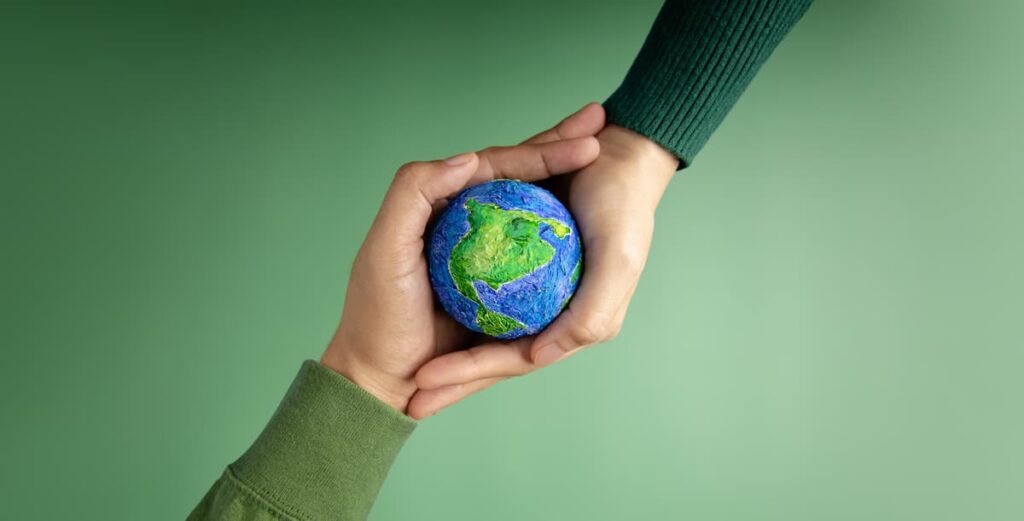Climate Deal Amid Diplomatic Tensions
At a high-stakes summit in Beijing, the European Union and China reached a rare point of consensus by jointly committing to intensify climate action. The agreement, centered on reducing emissions and advancing green technologies, reinforced both parties’ support for the Paris Climate Agreement and the upcoming COP30 summit in Brazil. This climate-focused alignment stood out as the sole outcome of an otherwise strained meeting dominated by trade disputes and geopolitical friction.
Despite the symbolic climate accord, deeper political disagreements overshadowed the summit. European leaders expressed growing dissatisfaction with the state of EU-China relations, demanding a more balanced economic partnership. The meeting, initially planned for two days, was scaled back, highlighting the low expectations on both sides. Broader global instability — including wars and looming U.S. tariffs — further complicated efforts to find common ground.
Trade Deficit and Economic Imbalance
One of the central European concerns was the substantial trade deficit with China, which reached approximately 300 billion euros last year. The EU relies heavily on China for critical minerals and rare earths, essential for sectors like automotive manufacturing and green technology. European leaders pressed for concrete actions to address what they see as an unsustainable imbalance that threatens jobs and industrial capacity.
Although China offered to implement a new “upgraded export supply mechanism” to fast-track critical mineral shipments, details remained vague. Analysts expressed skepticism over its potential impact, warning that China could continue to use these exports as leverage in future trade disputes. Meanwhile, the EU signaled it may deploy additional trade defense tools in response to ongoing tensions.
Electric Vehicles and Industry Concerns
The rapid expansion of China’s electric vehicle market has become a flashpoint in EU-China relations. To counter Beijing’s subsidies to its auto sector, the EU has imposed tariffs on Chinese electric vehicles, citing threats to its domestic industry. The EU aims to protect the jobs of more than 2.5 million workers directly employed in the auto sector, plus over 10 million whose livelihoods depend on the broader supply chain.
China has retaliated with investigations into European pork and dairy exports, and new tariffs on French alcoholic products. In parallel, the Chinese government voiced opposition to EU regulations affecting medical devices and other goods, warning of further repercussions if restrictions continue to escalate. The increasingly reciprocal trade measures signal a brewing economic battle between two of the world’s largest markets.
Geopolitical Divide and Global Strategy
Beyond economic issues, geopolitical disagreements — particularly over the war in Ukraine — continued to strain the dialogue. European officials once again urged China to exert pressure on Russia to end its military aggression. While Beijing expressed interest in global stability and climate cooperation, it rejected calls to change its stance on Moscow and criticized EU sanctions against Chinese financial institutions.
Amid these tensions, the EU is diversifying its global partnerships. Ahead of the summit, European leaders visited Japan to launch a new alliance focused on economic resilience and fair trade. The bloc is also advancing trade deals with Indonesia, South America, and Mexico, seeking to reduce dependence on both China and the United States.
In the current international landscape marked by protectionism and strategic competition, the EU is recalibrating its position. Although the summit in Beijing ended with limited progress, it underscored a growing European resolve to safeguard its industries, secure critical resources, and assert its role in shaping the global economic order.


